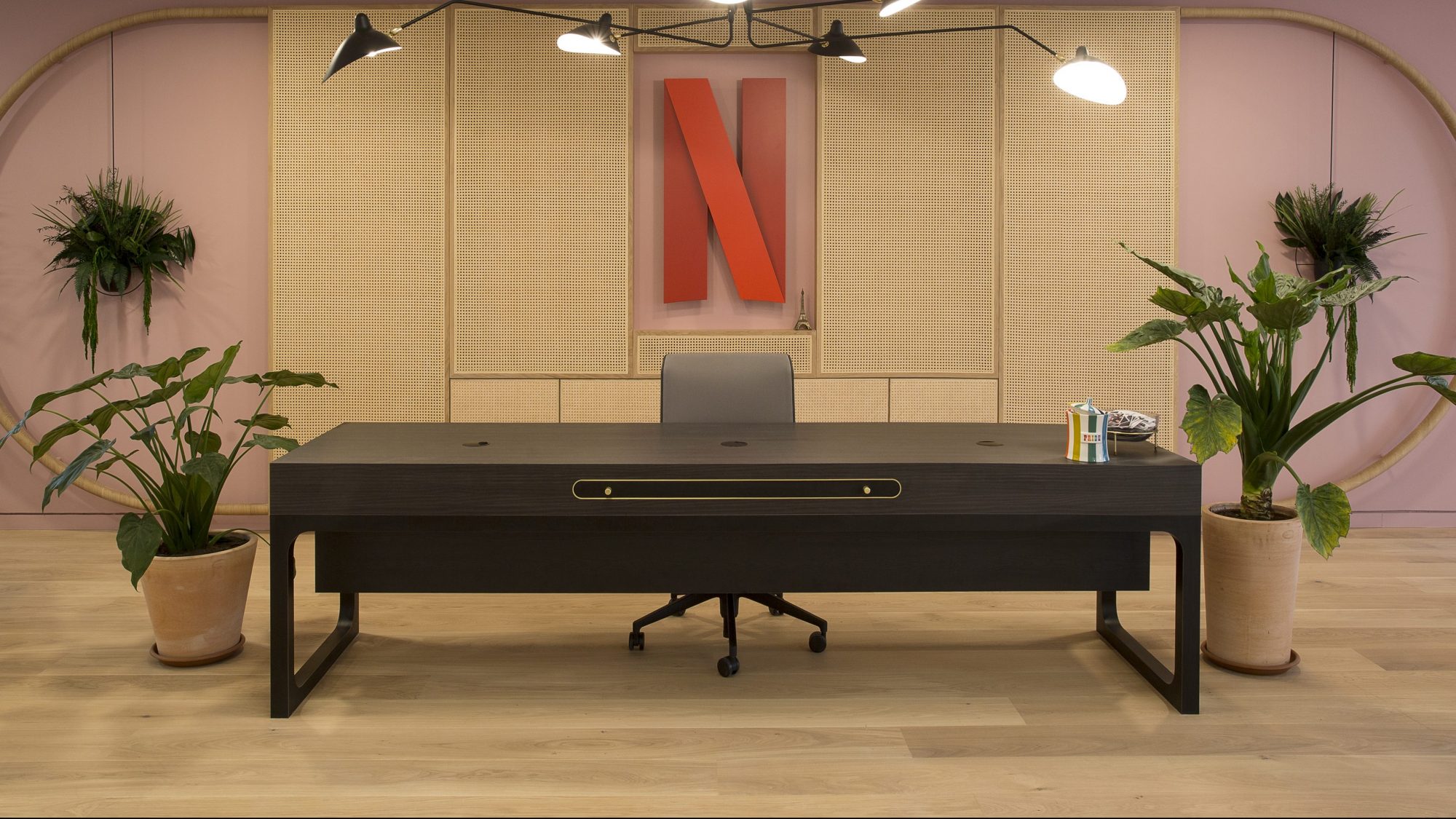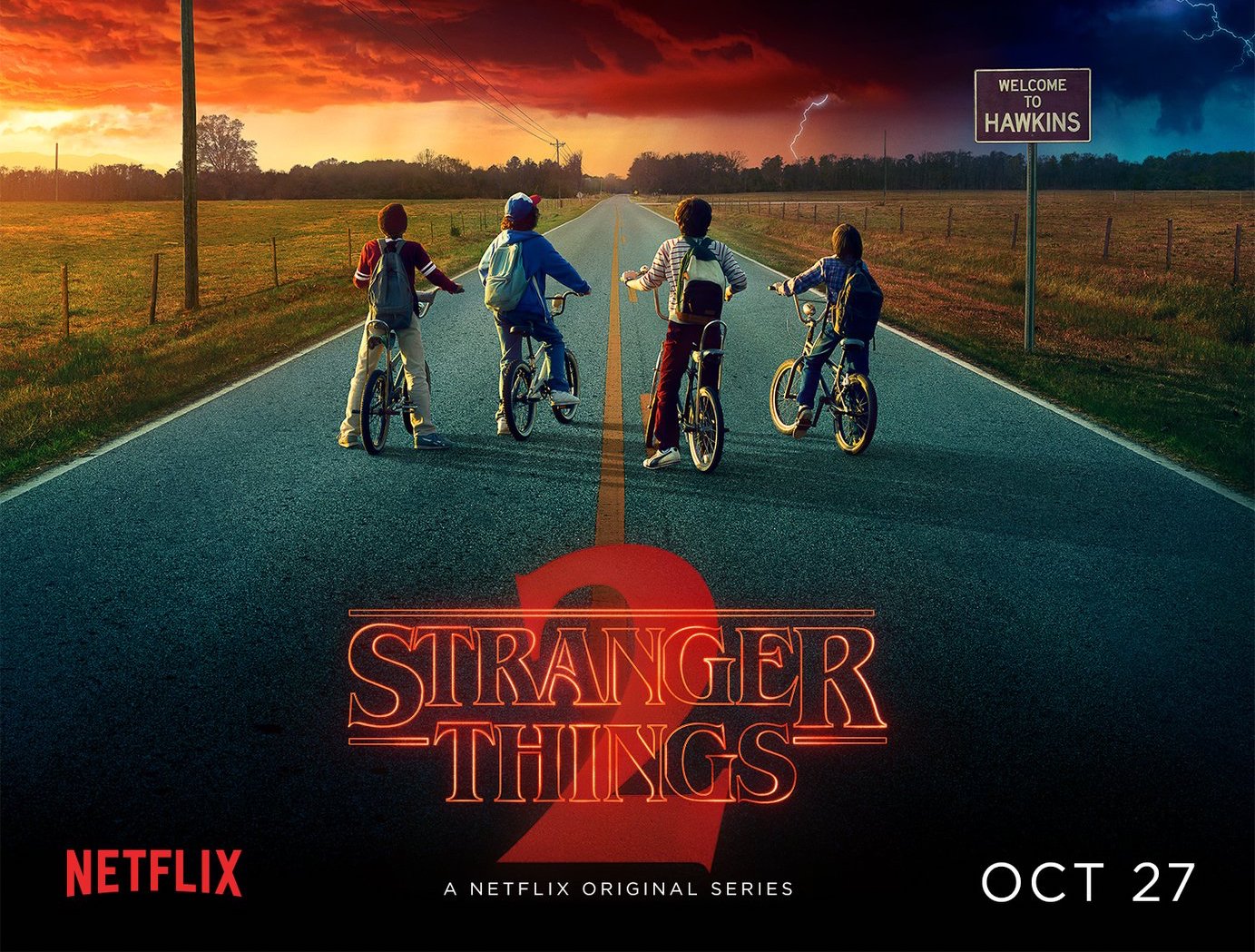
In 1998, a little-known startup called Netflix, which had just launched its own website , paid its employees significantly less than the market: people went to a family-type firm not for big and fast money.
Today everything is different. Netflix is the largest international IT company and an extremely generous employer with an unusual, even by the standards of Silicon Valley, pay system. In 2018, streaming service became the most popular place to work for job seekers, identifying Google and Apple.
Motivational schemes are part and parcel of Netflix's corporate culture. Over the past decades, it has seriously evolved and by the 2010s it finally crystallized into a harmonious system. First - as published on the Web "Netflix Corporate Directory" of 127 slides, then as a manifesto of Netflix Culture , and more recently as a book with the loud title "No Rules Rules".
In this article, we covered the most interesting part of this book: how exactly does the motivation system at Netflix work and what does a company need to do in order for rock stars to give their best in it?
And why has the rejection of employee bonuses become a factor in the company's growth?

Netflix.com in 1999 Source: arxive.org
Netflix executives cite an exceptional focus on talent and innovation as the core of their culture. The higher the concentration of talent in the company, the less formal procedures and control mechanisms are required and, accordingly, the more freedom of action can be provided. One of the turning points in the biography of the service is the “massacre” of employees during the financial crisis in 2001. Then, 40 employees - “middle peasants” (out of 120 staff) fell under the forced massive layoffs. A revolutionary discovery for Reed Hastings was the fact that the company, in which only the best, "rock stars", became significantly more effective and, instead of falling, rose to a new level.
Looking back, I understand that just one or two average in the team discourage everyone. If you have five excellent employees and two average employees, they are a must:
- will take away the energy from the leaders, and there will be less time for the best employees;
- lower the quality of discussions and the overall intellectual level of the team;
- will force others to look for workarounds so as not to work with them, which will reduce the efficiency of the process;
- will alienate from your company those for whom self-realization is really important;
- exacerbate the problem by showing the whole team that you are comfortable with a mediocre job.
For the best employees, the main thing at work is not a comfortable office, not a cool gym, and not free sushi at lunchtime. The main thing is the joy of being surrounded by talented people who help you grow professionally and personally. When every member of the team is a star, overall scores skyrocket as employees educate and motivate each other.
The main rule: no rules
The entire HR policy and internal culture is built around the principle of "talent concentration" at Netflix:
- For example, employees have access to information about the company's position in the market, about problems and tasks, and about upcoming personnel decisions. Netflix calls this a "closed umbrella": employees are "poured" information that is not directly related to their activities, but is of strategic importance.
- “ ”: , .
- “ ”, “ ”: , , , — , , .
- : , , , . , , , , - , , — .
- Netflix , . , , , , — , : “ : . , ”.
Most organizations have brilliant employees and just “sane” ones. Those who work “normally” are looked after by the management, and the stars are expected to give full dedication by default. It's not like that with Netflix. We live in a secret garden of perfection, where every first is a star. When you come to a meeting, the air seems to smell of ozone from creative sparks - even plug in the light bulbs. People argue, pour out arguments, and each of those present is almost smarter than Stephen Hawking. That's why we do so much and at such a breakneck pace. We have an incredibly high concentration of talent.
How does Netflix manage to attract and retain the best of the best?

Pay like rock stars
The phenomenon of "rock stars" in the IT industry has been known for a long time: talented developers are dozens of times more productive than the "average" ones. And, as a rule, they get more too. Netflix decided to extend this model beyond the computer realm. Employee positions are divided into two categories: “operational” (technical) and “creative” (creative).
There are not so many “operational” positions: such positions have a ceiling for quality and productivity and there is no room for innovative solutions. The difference between the “average” candidate and the “best” is one to two times. Here at Netflix it is customary to pay the market average salary.
Most employees are required to be creative, non-standard approach. Talented “creative” specialists are dozens of times more productive than ordinary people, and inviting one “rock star” is a more effective solution than hiring a dozen average employees. And in terms of controllability, a small team of superspecialists is better than a large staff of average ones.
And Netflix spares no money for such stars. For candidates who meet the spirit and requirements of the company, the principle of “offer the most” works ... Netflix scrutinizes the salary market and job opportunities of competitors in detail, so that the real “star” gets an offer at the market maximum level. And not only at the headhunting stage: Netflix's policy is to constantly pay a little more than necessary and raise salaries before the employee himself talks about it. The exceptions are cases when the salary market for a specific specialty does not grow over the year: the employee is informed about it, and he understands that even without an increase he remains one of the highest paid. Curiously, the transparency and openness that define Netflix's culture even affect relationships with rival recruiters. Somewhere for communication with them can be called on the carpet, but not here:
, . , , … — Netflix. , . Netflix : «, », «?».
If there is not enough money in the budget to raise the salary of the “rock star”, it is easier for the company to fire a less talented or underexamined employee. At the same time, there is no guarantee that someone will wear champions forever: everyone constantly undergoes all sorts of “fly tests” that diagnose the level of productivity, creativity and compliance with the values and objectives of the company. Well, if you get stuck, there will always be those on Netflix who will openly point out mistakes and give you the opportunity to “pull up” and return to the “team”.
Bonus is good, but salary is better

A poster for Stranger Things, which showcased how Netflix works with talent.
Surprisingly or not, Netflix has no bonuses and no KPIs that affect the variable portion of the salary. At a time when the company was just looking for its strategy in the personnel market, the founders weighed two approaches to employee motivation. The first is to pay a certain salary (say, $ 200,000 per year) and pay another 25% as a bonus based on the results of work. The model is reasonable and widespread: why give money “just like that,” if you can make part of it a reward and encouragement, or even leave it in the company when an employee has not coped with the tasks.
The second approach is to pay $ 250,000 with no premium clause. All media companies where potential Netflix employees worked liked to set plans for the quarter and a year ahead, and the pursuit of KPIs at the level of “increase operating profit by 5%” ended up doing them a disservice: Warner, Disney and other industry giants are bad fit into the new dynamic realities and, gaining 5%, lost advantages in other areas.
That's why Netflix ended up ditching premiums and their underlying financial performance ties.
, , . Netflix, , , , .
Reed Hastings' simplest argument is that creative people work best when they have a high salary and have no thought of a plan fulfillment bonus. As soon as they start to worry about additional rewards, their creativity fades. Besides, real professionals are unlikely to work radically better if they are shown a pack of "premiums". And his colleague Erin Meyer cites scientific evidence for his strategy. For example, in experiments conducted in several countries, participants were asked to perform two types of actions: mechanical and requiring mental effort. In the course of the experiment, it turned out that additional monetary incentives have a positive effect only on those who performed mechanical work. The same subjects who were promised a large bonus for intellectual work ended up doing worse than thosewho were promised minimum bonuses.
Therefore, the best remuneration for employees is not bonuses, but a high salary and its increase. An employee can take part of his salary (or even the entire amount) in the form of options, which remain for him even after dismissal.
It is this motivation system that is most effective for innovative companies that want to remain market leaders, believe in Netflix.
When we decided not to pay employees bonuses, it became surprisingly easy for us to attract new talent. Many people think: if you give up bonuses, you will lose your competitiveness. In reality, everything turned out the other way around: we increased our competitiveness by luring leading specialists to our place. You just had to send all the money to regular payments.
findings
And the conclusion is actually not as interesting as the opinion of the IT community. Tell us in the comments how the motivation system works in your workplace?
Have you watched your responses to the company's motivational "goodies"? What works for you and what doesn't?
